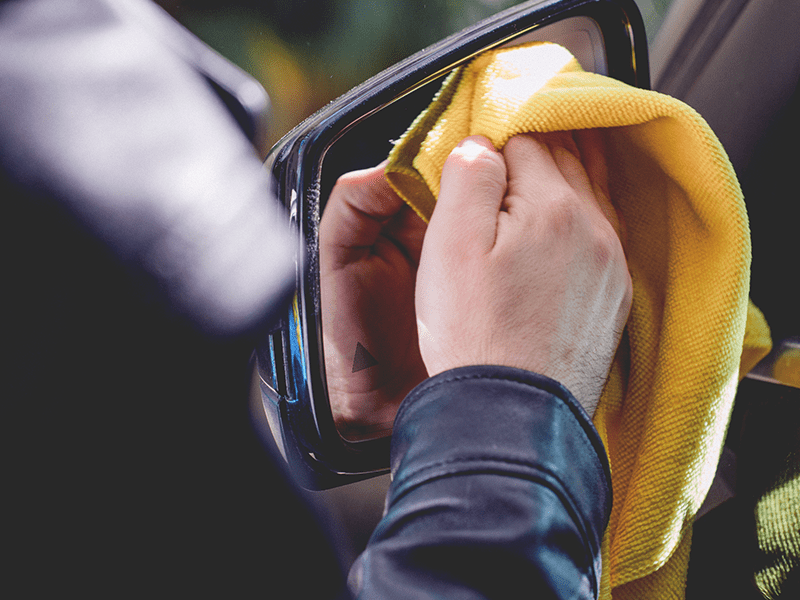The fender bender: What, where, and types of damage
When one thinks of a car crash, the first things that spring to mind are glass-dusted roads, lumps of mangled metal, and shrill sirens. Today, however, we’re talking about collisions that are more wallet-whittling than life-threatening–those fender benders for which the wider Auckland region is famous.
We’ll go over what they are, how they happen, which areas of the car they impact most, and what you can do about them.
What is a fender bender?
A fender bender is a minor car collision that occurs at low speeds. Usually, no one is hurt, save for perhaps a bump against the steering wheel. Fender benders also rarely inhibit a car’s ability to operate. The damage usually is to the body of the vehicle.
These minor collisions usually result in a roadside argument, a crowd of onlookers, and some hefty repair bills for at least one of the parties involved.
How do they happen?
These collisions occur almost exclusively in two places: Parking lots and intersections. Essentially spots where cars go from a full stop to motion. So, for example, a fender bender could occur when two cars attempt to leave their parking spots simultaneously, or if a car passing by doesn’t notice someone accelerating from a full stop.
They can even happen if someone doesn’t realise that they’re actually in drive instead of reverse, leading to them crashing into a car parked in front of them. The reasons for fender benders range from inpatient to inattentive drivers.
What sort of damage do they cause?
The clue is in the name. Fender benders usually damage the outer edge of the body of a car, ranging from the bonnet to the boot and indeed, the fenders. As such, the damage is usually cosmetic. At most, a door might be jammed shut.
While the car may still run, and no one would be hurt, they’re still a massive inconvenience. Plus, that minor damage will quickly become a problem if left unrepaired. Rust can gather, wearing the body out. Lights may be damaged, increasing the possibility of another collision later, and so on.
What to do about them?
If you’ve been in a fender bender, you should first trade contact information with anyone else involved. After that, you don’t need to call the police unless someone is injured, in which case it is mandatory.
Once the scene is cleared, you must take your car to a panel beater for an inspection. While the damage might seem apparent for the most part, internal components may have been damaged as well. Again, you’ll need an expert to look the car over to get an accurate idea of what’s damaged.
The next step is to have the damage repaired. Panel beaters are fully equipped to survey the damage and then repair it.


Conclusion
Accidents can happen to anyone at any time, so the best we can do is hope they are minor and be prepared for them when they strike. If you’ve been involved in a fender bender, or need work done on your car, don’t hesitate to contact Hibiscus Coast Panel Beaters today.
